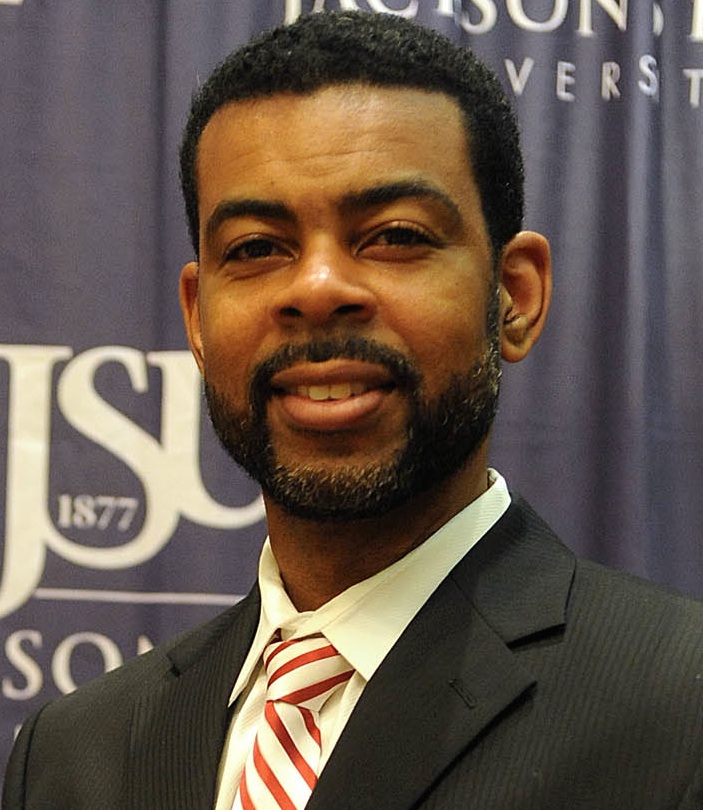The National Science Foundation has awarded $999,995 to Jackson State University to support the development of a research and educational program that will prepare chemistry undergraduate (RISE Scholars) and graduate students (RISE Fellows) to be globally competitive. The award was announced Friday, Feb. 24.

According to information provided by Dr. Loretta A. Moore, JSU’s vice president for Research and Federal Relations, this will be accomplished by recruiting highly talented doctoral students with an interest in nanochemistry; providing faculty-led mentoring of interdisciplinary research activities for doctoral students; supporting leadership development activities for doctoral students; developing new courses toward a unique updated curriculum for the JSU chemistry doctoral program; upgrading the lab equipment to support the expansion of nanochemistry research; and generating collaborative-interdisciplinary research among faculty members and doctoral students who will present and publish presentations. The award starts March 1, 2016 and ends February 28, 2019.
“Interdisciplinary research is the pedagogy of 21st century learning. Our JSU RISE scholars and fellows are introduced to research methods that will help them address our world’s most pressing issues. This collaborative approach is sure to strengthen our chemistry department; we are excited for the future,” said Dr. Richard Aló, dean of the College of Science, Engineering and Technology.
The JSU-RISE interdisciplinary faculty mentors will consist of a computational chemist, a nanoscientist, a bio-organic chemist, a nano-toxicologist, and an organic chemist, all of whom will collaborate on a research project. The project goal is to develop a synthetic procedure to develop different types of carbon quantum dots (CQDs) as imaging material for targeted sensing of several pathogenic bacteria and virus simultaneously. Even in the 21st century pathogenic bacteria and virus infections are one of the top three threats to human health.

JSU alumnus and 16-year veteran in the Department of Chemistry and Biochemistry, Dr. Ashton T. Hamme will direct the project along with fellow professors of chemistry, Zikri Arslan, Dr. Paresh Chandra Ray and Dr. Jerzy Leszczynski.
Hamme, said, “Teamwork is the primary reason for the funding of the HBCU-RISE grant. Graduate and undergraduate student engaged collaborative research pertaining to bioimaging through carbon quantum dots will be the foundation upon which we will achieve the goals of the project.”
The NSF states that HBCU Research Infrastructure for Science and Engineering (RISE) awards support the development of research capability at Historically Black Colleges and Universities that offer doctoral degrees in science and engineering disciplines. Supported projects must have a unifying research focus in one of the research areas supported by NSF, a direct connection to the long-term plans of the host department(s), institutional strategic plan and mission and plans for expanding institutional research capacity as well as increasing the production of doctoral students, especially those underrepresented in STEM (science, technology, engineering and mathematics).







